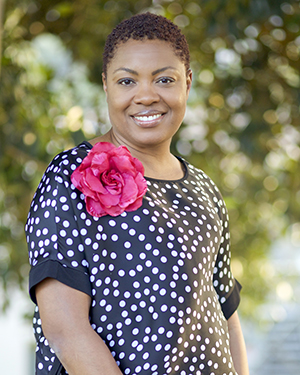2 Samuel 13
“Silence is golden” is a proverbial statement that communicates the value of quietude over incessant babble. I remember my mother telling me a few other proverbs that communicated clearly that silence was preferable to the never-ending chatter of young children. Is there ever a time when this adage should be upended? Our passage for consideration in our devotional series this week is 2 Samuel 13. It is a difficult chapter to read, understand and accept. Yet it is in our Holy Scriptures. It can’t be avoided or overlooked.
Last week’s postinvited us to reflect on what happens when we don’t listen to God. David’s misstep with Bathsheba, the wife of Uriah, had a ripple effect that he did not foresee. When we read 2 Samuel 12, we uncover the “care-fronting” conversation that Nathan the prophet had with David about his actions.
God’s messenger made it very clear to David that his arrangements did not go unnoticed by the God who had anointed him king. Psalm 51 is David’s confession and repentant response. Too often, we behave like David did — thinking and acting on how we feel in response to our short-term wants, desires or anxiety. What we don’t often consider is the ripple effect these actions have on our families, departments, communities, counties, state, country or world.
In 2 Samuel 13, we see one of those undulations in the story of a sister who was assaulted by one of her brothers. Her father who was angry, but he did nothing. Another brother committed murder to avenge his sister. What can we learn from this story as an organization?
We can see firsthand the consequences of our slip-ups or blunders.
In the minds of others, it creates the assumption that they too can act on their feelings, desires, fears or convictions without thought of the repercussions. The scriptures tell us that Amnon desired his sister. He plotted with the aid of a cousin how to assault her. After the dastardly deed was done, that same desire was turned to loathing and he rejected her, the object of his desire.
This is a perfect example of when silence is not golden.
Like David’s actions with Bathsheba, Amnon’s behavior was no secret. David was angry, yet silent. Absalom, her brother, was angry and silent. Tamar was traumatized and silent. It also appears as if God was also silent. The truth of the matter is God had already told David that his actions had given the enemies of God an opportunity to reject or spurn God’s commandments.
I wonder what would have happened if David had applied the same principle that God had used with him to his sons? What would have happened if David had comforted his daughter and actually meted out justice on her behalf? David Augsburger coined the term “care-fronting” to describe a method for addressing conflict responsibly.
David’s failure to respond to injustice bred more injustice.
Each of us, as employees and students at Loma Linda University Health, has a responsibility to act in ways that exemplify our mission and values. While we are not responsible for everyone’s choices, we do influence each other. May we learn from this difficult story that silence in the face of injustice does not reflect the character of God. May we also learn how to be care-fronting individuals who acknowledge our own propensity to sin when we speak to each other.
My prayer for each of us this week is simply “Create in us a clean heart, O God, and put a new and right spirit with in us.” Help us to speak up for those who are hurting or to those who have hurt others.
Amen.
—Dilys Brooks, MDiv, is campus chaplain for Loma Linda University.


